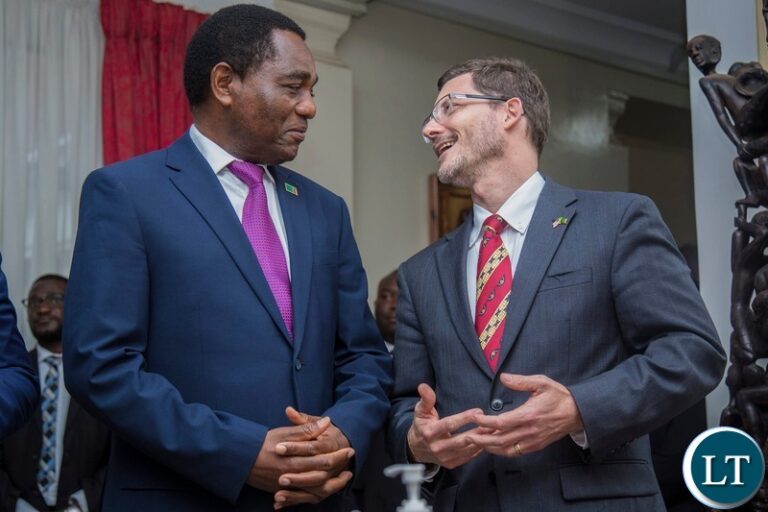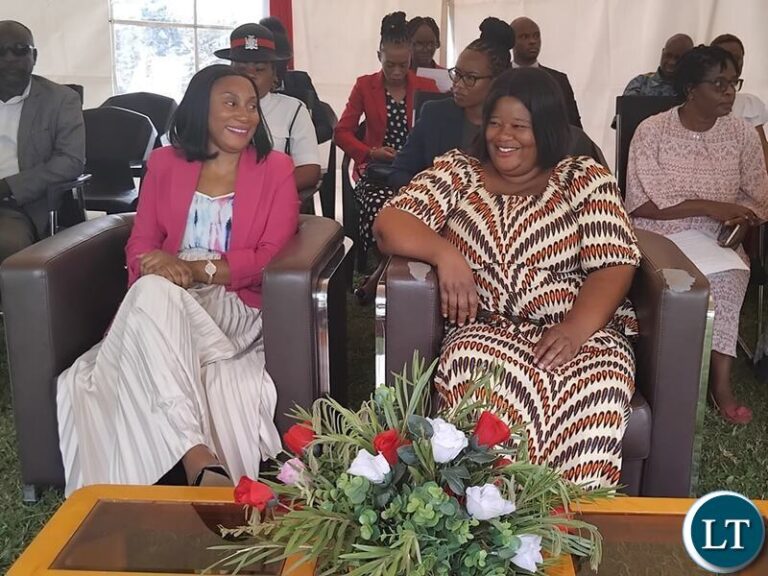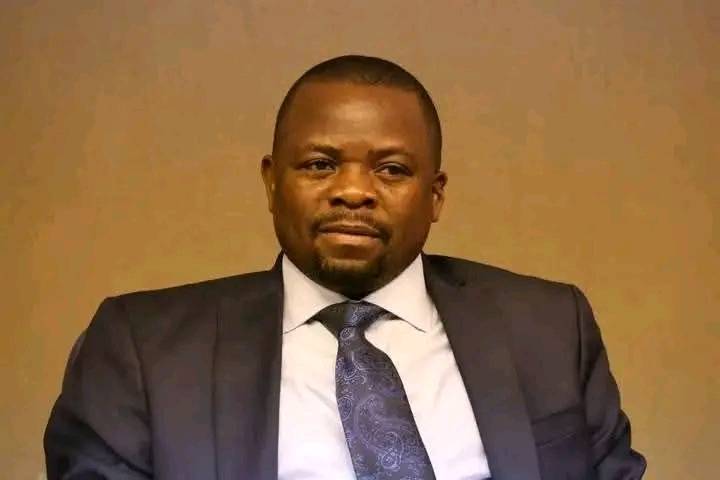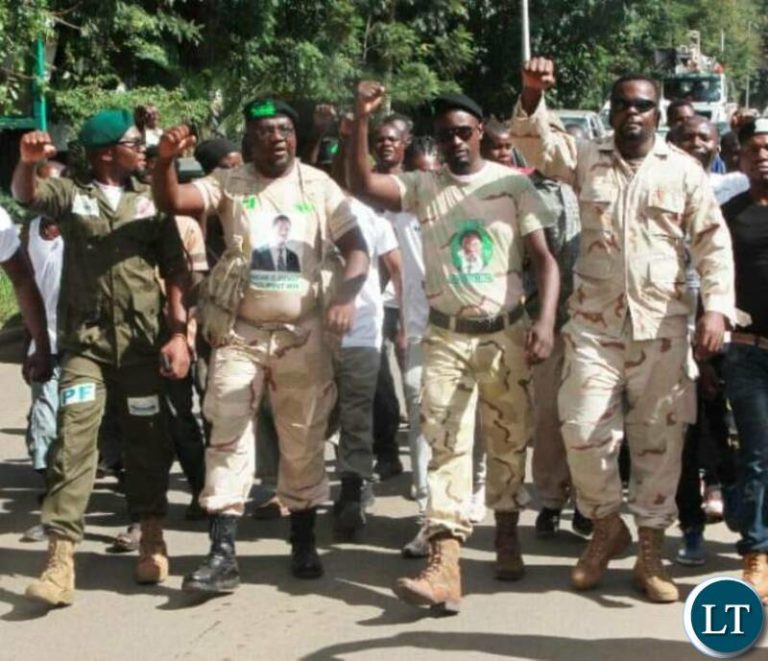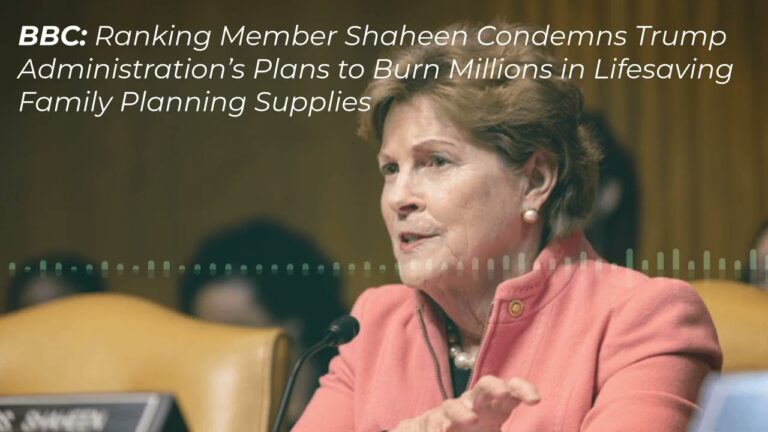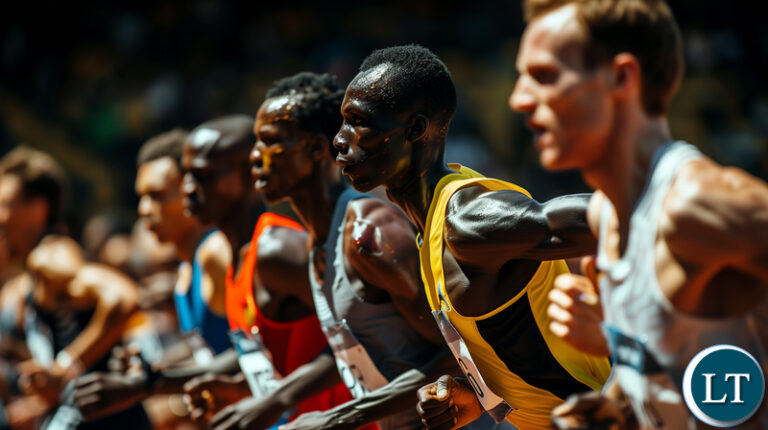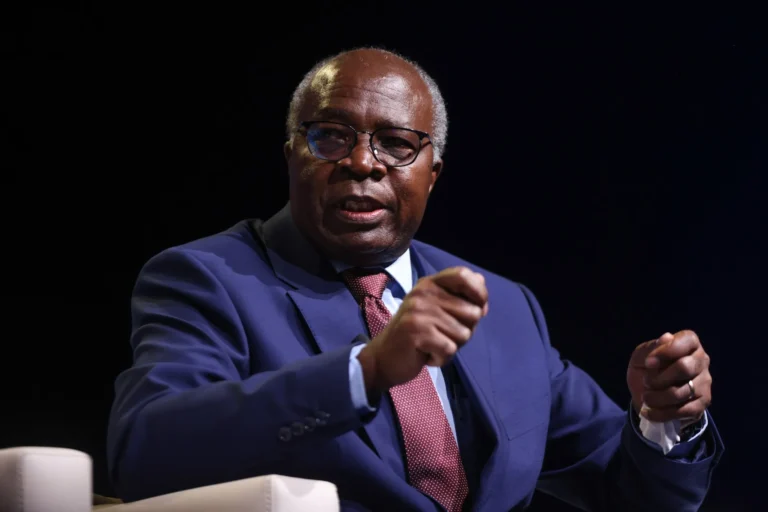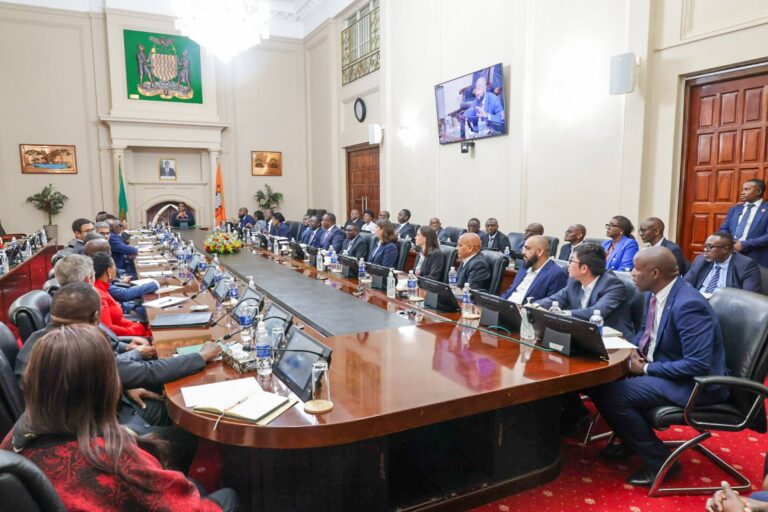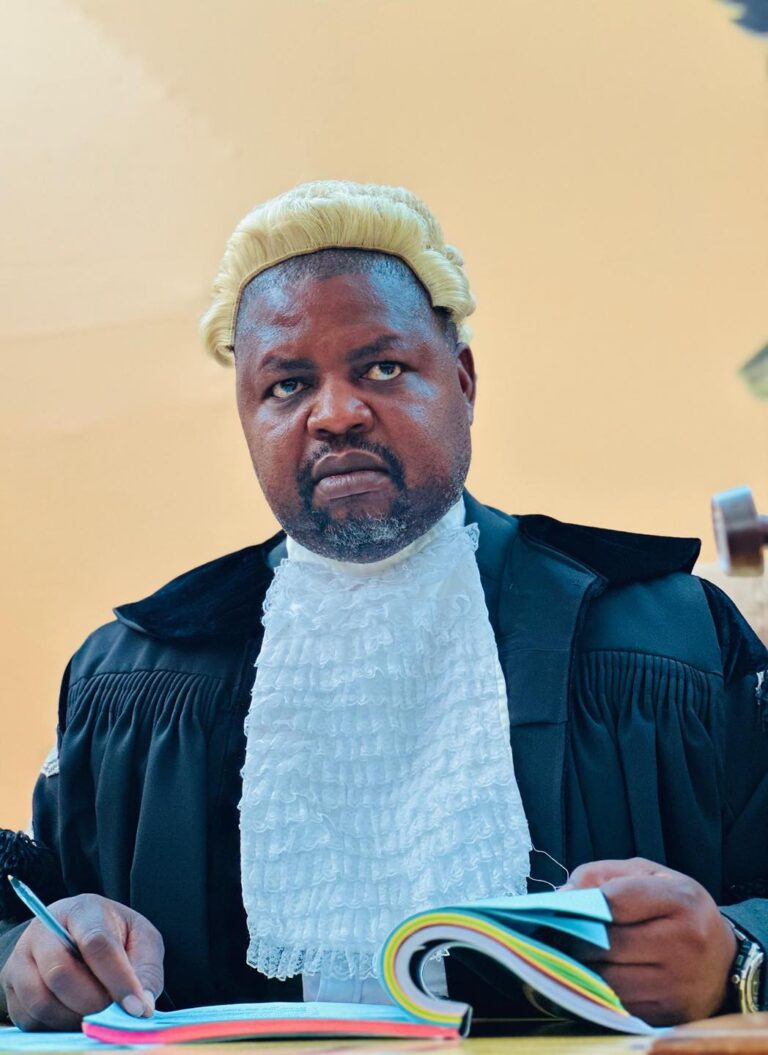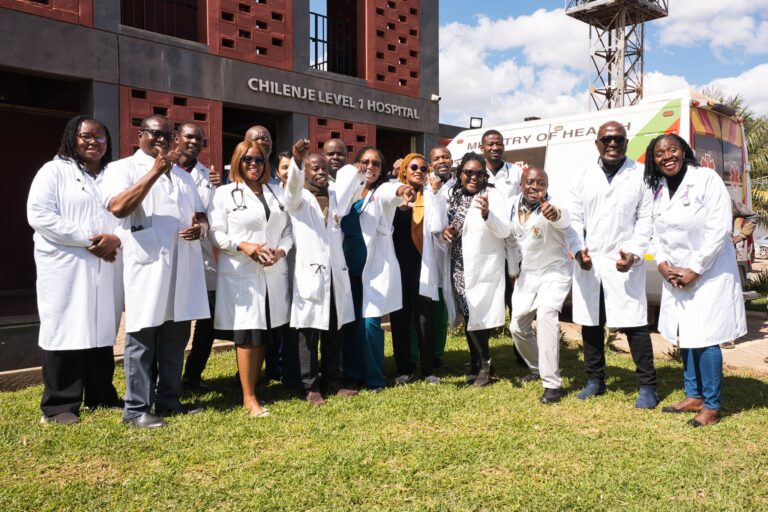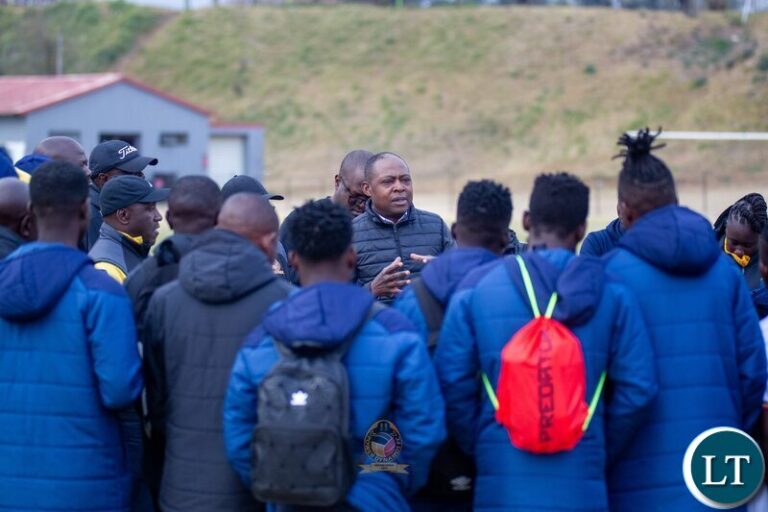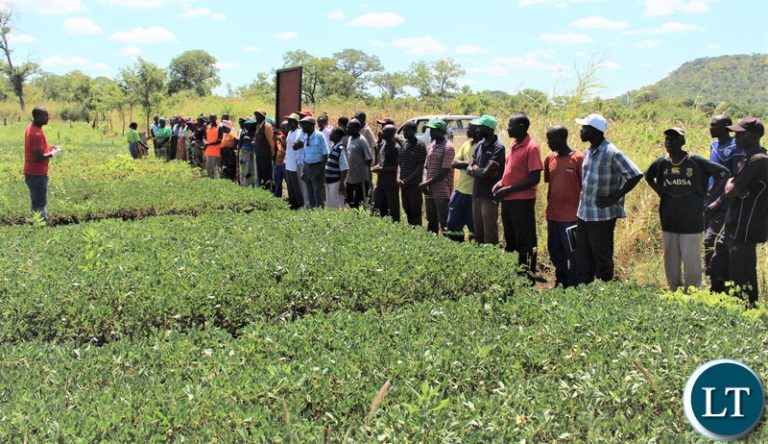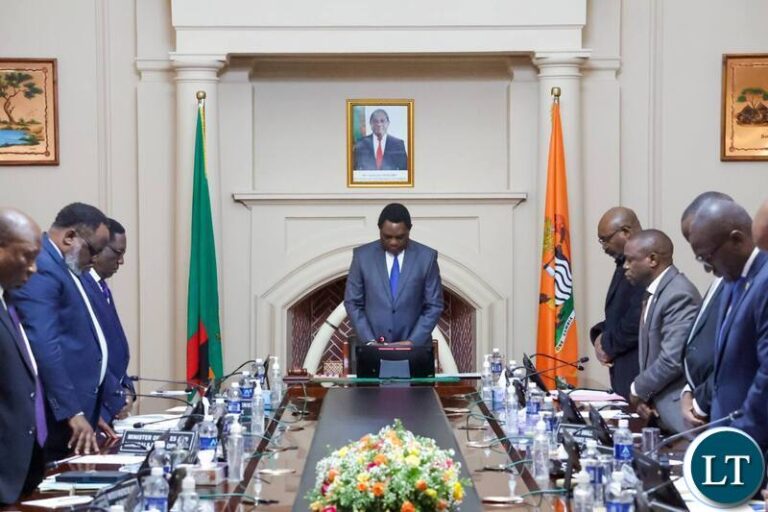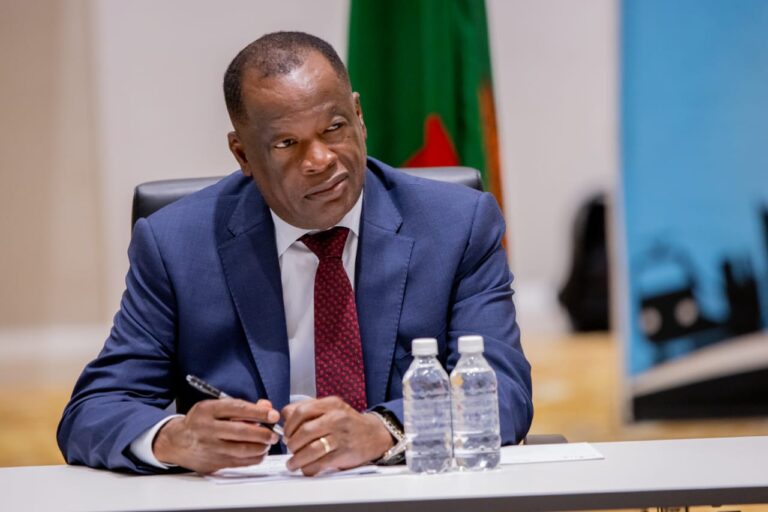The traditional sports of Ethiopia are alive and vibrant as they are practiced in fields, villages, and stadiums. On the sidelines, spectators can be seen watching fierce horseback riding, hurling, and long-distance running. The competition is raw, intense, and sometimes violent. These sports, in addition to preserving local cultures, attract enormous crowds that come to cheer on their teams. People, both local and foreign, sports reporters, and tourists arrive with cameras to capture the action. The culture surrounding sports is genuinely unique.
Horseback Competitions
Riders don’t simply participate in gugs; they compete to determine who the champion is. The competition is fierce, with riders wearing colorful sashes and managing to balance spears while galloping at full speed. Many fans even check odds for sports betting with MelBet before big matches, adding extra buzz to the event. There is no sanitization or stage; it is all raw. Riders have to undergo rigorous training and preparation by practicing turning and charging in fields for months. The spectacular crowd loves the entertainment of split-second crashes, billowing dust, and raucous shrieks from the audience.
Local tournaments have mock raids with dozens of horses competing simultaneously. People watching the show cheer on their favorite riders as the spectators are right beside the action. There is no cushion to land on, so injuries are bound to happen. Suffering injuries is part of the appeal. For many people, these events serve as more than just a sport; they mark a culture, tribal pride, and courage on full display.
Genna (Traditional Hockey)
Ethiopia has its own version of street hockey called Genna, which is played on rough terrain and uses customized wooden sticks. The game is filled with energy and excitement, drawing a huge crowd. There is also a lot of shouting and strategy while players size up opponents, which is part of the pregame ritual. Typically, games last for hours without any timeouts.
When it comes to Genna matches, expect to see aggressive:
- Incredibly heated attempts to capture a goat-leather ball.
- Brutal clashes resulting in players getting tackled.
- Intense whirling dervishes to grab the coconut leather ball.
The crowd goes wild for intense smackdowns and epic clashes. Most games are played during Christmas, making them joyous cultural rallies filled with delicious food, refreshing drinks, and unstoppable regional pride.
Stick Fighting (Donga)
Some regions in Ethiopia are known for their traditional sports, which attract enormous crowds. People from the different areas and villages come to witness these fighters showcase their skill and endurance. These are not performances staged for tourists but genuine local disputes fought using sticks and wrestling. The spectators blend into the surroundings, fusing into the wilderness as they chant, argue, and cheer over rules being enforced. Such events are not merely games; they involve deep-rooted societal contests that encompass reputation, honor, and shared history within the community.
Instead, Donga is characterized by its fierce and straightforward nature. Participants take up sharpened sticks, each approximately two meters long, polished to facilitate easier swinging. As that surge of energy spreads through the audience, the atmosphere becomes filled with expectation. During the harvest season, entire villages come out to watch these spectacles. It is common for spectators to cry out in unison, begging for immense force and taunting other teams. Respect is earned by winners, particularly in professional and social contexts, such as in marriages and within a society’s hierarchy. Split brows, bruised ribs, and even concussions are all considered normal injuries. There’s no referee to blow a whistle and halt the action. Deciding a match’s end is entirely up to the fighter, either when one chooses to quit.
Wrestling (Gena Chewata)
The wrestling from southern Ethiopia displays a primal test of balance, grip, and leverage. The open-air field setting allows for intense spectator engagement as they cheer for powerful throws and offer tips. Wrestlers face off in fields without soft ground or a mat, making straining falls a deliberate and punishing encounter. With no pure heft heavers allowed, style wielded via barefoot skirts is a prerequisite.
These moves are sought out by fans:
- Clean and precise hip throws that flip opponents in one fluid motion.
- Sneaky leg trips that unbalance without a hint.
- Locks that force contenders onto their backs.
Local champions carry real prestige and receive genuine invitations to community festivals along with feasts. Matches aren’t mute battles as fans shout praise, criticize ineffective efforts, and celebrate win after win. While the sport is traditional, it is dynamic, incorporating endless innovative tactics and counters and adapting alongside its competitors.
Long-Distance Running Heritage
Fueled by local pride, prize money, and the potential to join Ethiopia’s elite runners, famed athletes and newcomers battle it out in punishing, lung-burning jogs that require peak strategy and unmatched grittiness. For viewership, promising athletes and local legends are cheered on by hundreds during the race, and they compete for more than just their names; they represent their high-altitude training villages in the promised land of Ethiopia.
Allow me a second to log which races we will be covering first:
| Event Name |
Distance (km) |
Location |
Crowd Size |
Notable Fact |
| Great Ethiopian Run |
10 |
Addis Ababa |
~40,000 participants |
Africa’s largest road race |
| Hawassa Half Marathon |
21 |
Hawassa |
~5,000 spectators |
Lakefront course with mild hills |
| Rift Valley Classic |
15 |
Arsi Region |
~3,000 locals |
Produces top international runners |
The spectators shout glory, raise flags, and sprint alongside participants for brief periods. Typically, participants receive national recognition and financial support.
Traditional Board Games
Villagers do not treat board games as sedentary activities. The strategic and speedy Gabata attracts a crowd of spectators. Gabata players sit cross-legged while a circle of onlookers offers spirited guidance and critique with every move. The game can be played on wooden boards with small carved holes or on dirt using pits painstakingly dug.
Players can strategize multiple moves in advance, ultimately winning the game and enjoying several hours of gameplay. The intense screams from onlooking crowds always bring immense value to sudden, game-changing, good moves. It is normal to witness elders become mentors, explaining strategies to the younger generation. Gabata serves as the means to memories that are taught during youthful days and assists in developing logic skills, rigorous thinking, and memories. These sessions often take place beneath trees, making afternoons filled with gentle winds and playful sunrays turn into times of strict competition.
Cultural Festivals and Sports
Food, music, and specialty matches of various types take place during these festivals, all occurring on the same day. There are no secondary shows; wrestling and horse races are now permanent features, as are Genna games, and they are slated for specific time slots. Vendors arrive at the crack of dawn to set up their stalls before the ever-growing crowds start arriving.
Winning is not only for the athletes. Villages celebrate a victor for many months. Competing rival communities also send their best, adding to the excitement. It’s part competition and part reunion. Kids watch the festivities, learning the customs and traditions of their culture. For most people, these festivals help preserve traditions and provide opportunities for gatherings where individuals reminisce and celebrate local heroes.
Modern Revivals and Promotions
Local governments and schools are now supporting these traditions. New tournaments, training camps, and youth leagues are being introduced, which aim to teach the new skills and rules. There are now also sponsorships and awards that incentivize athletes to remain dedicated. This way, the future generations will cherish and remember the sports that are deeply adored.


